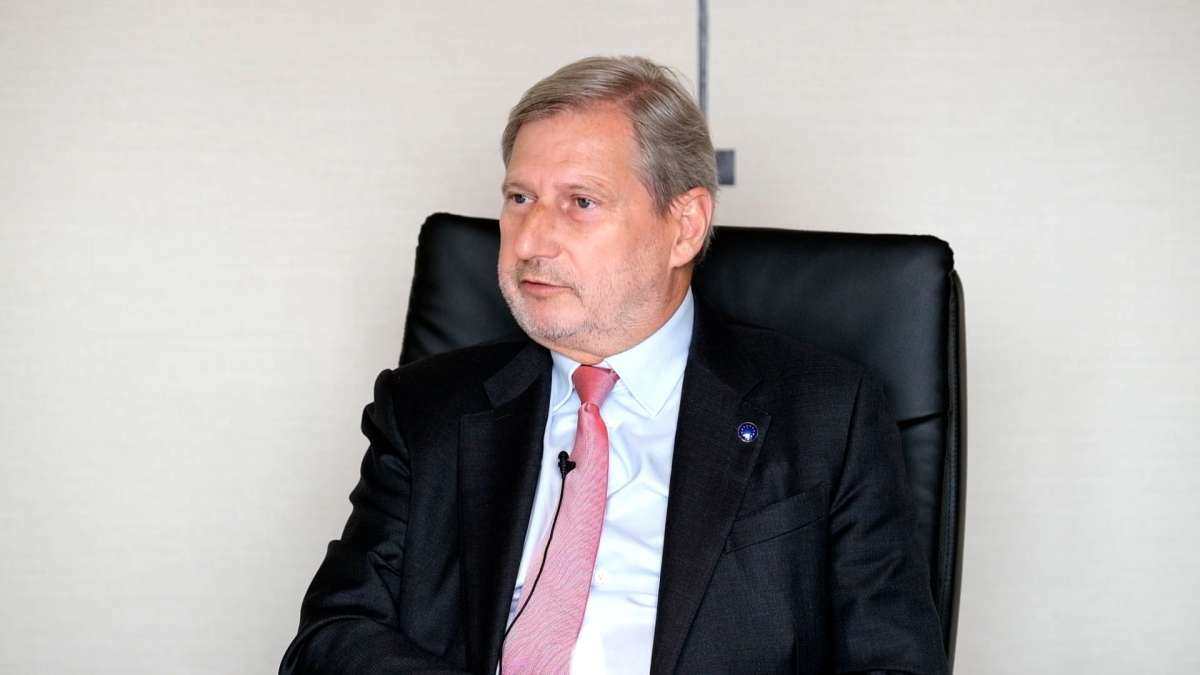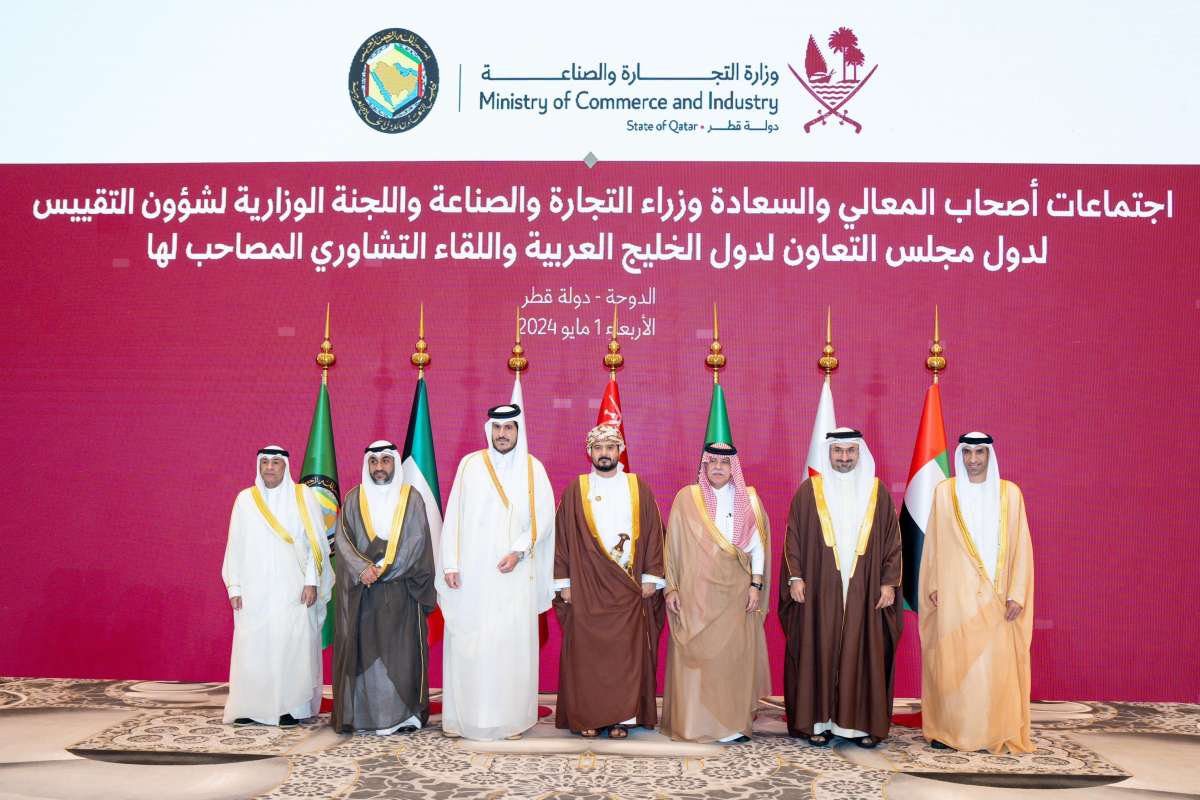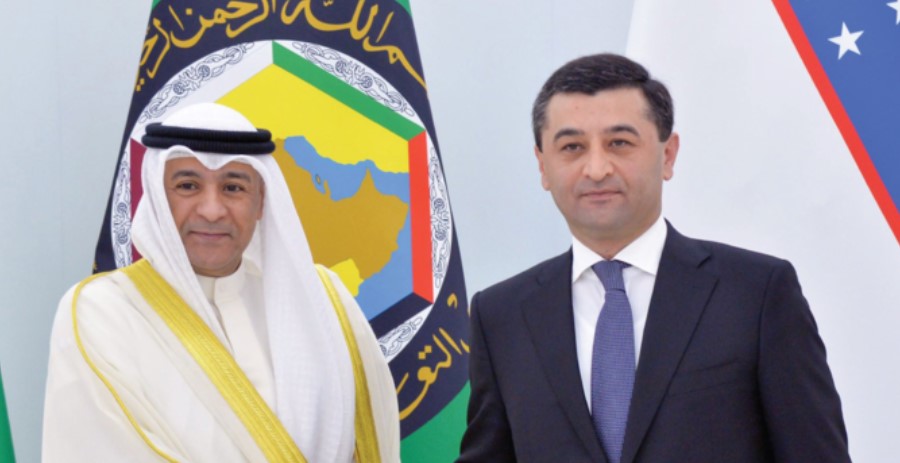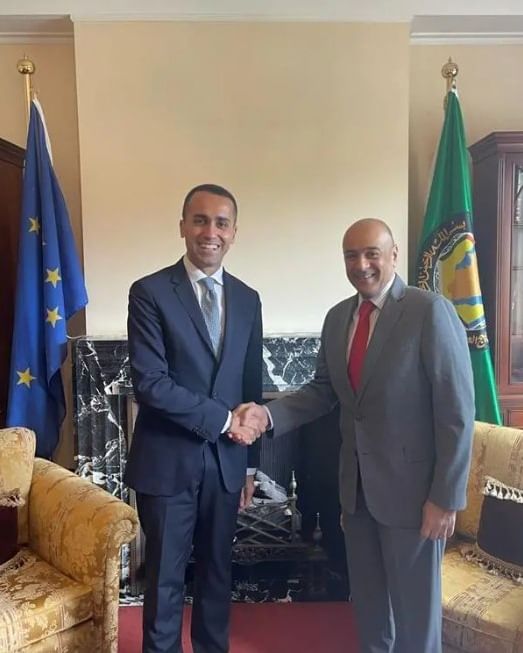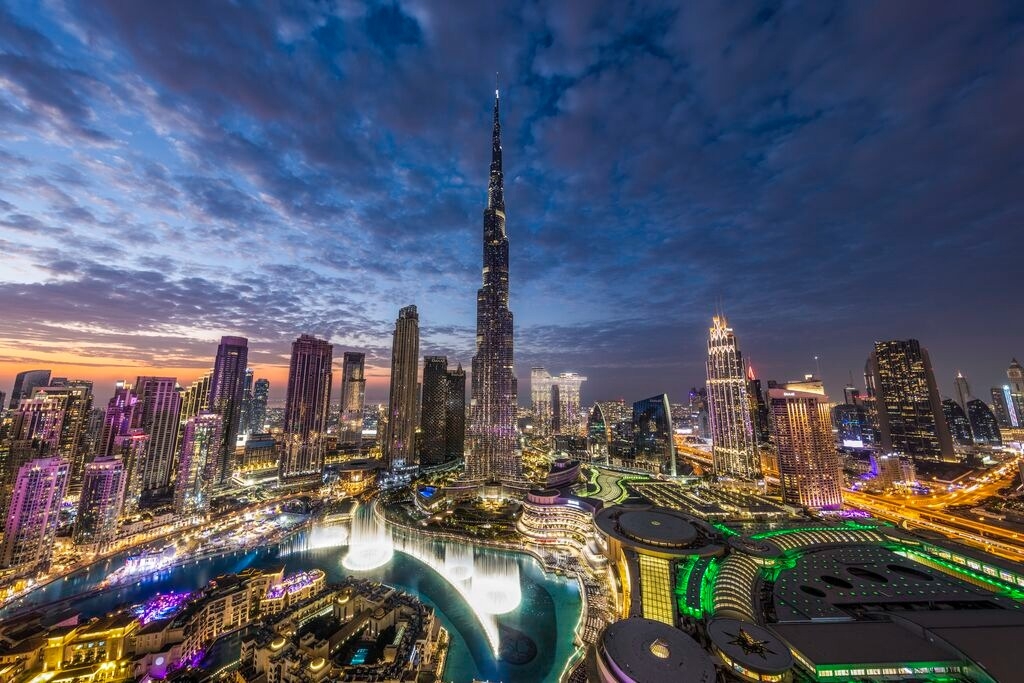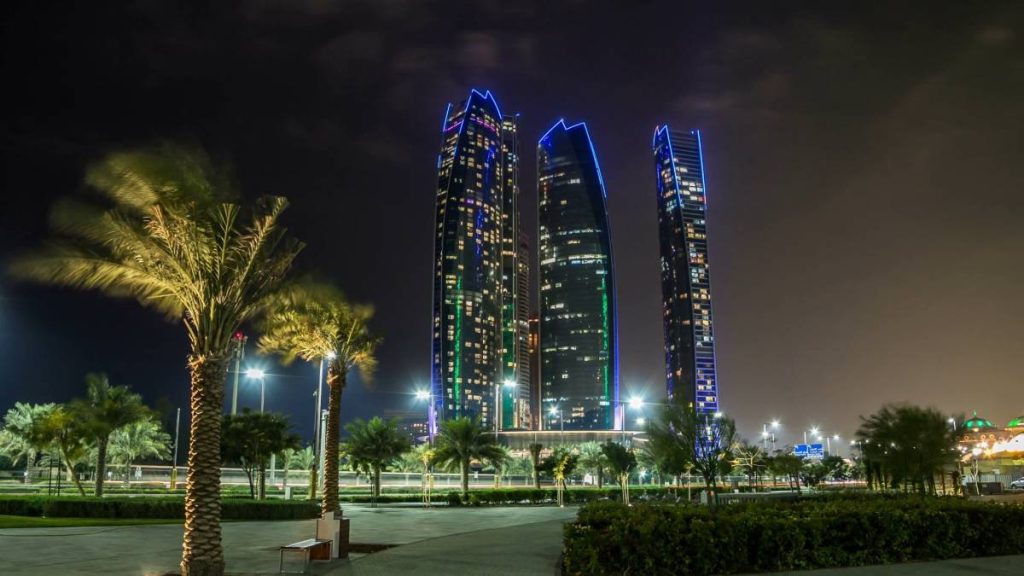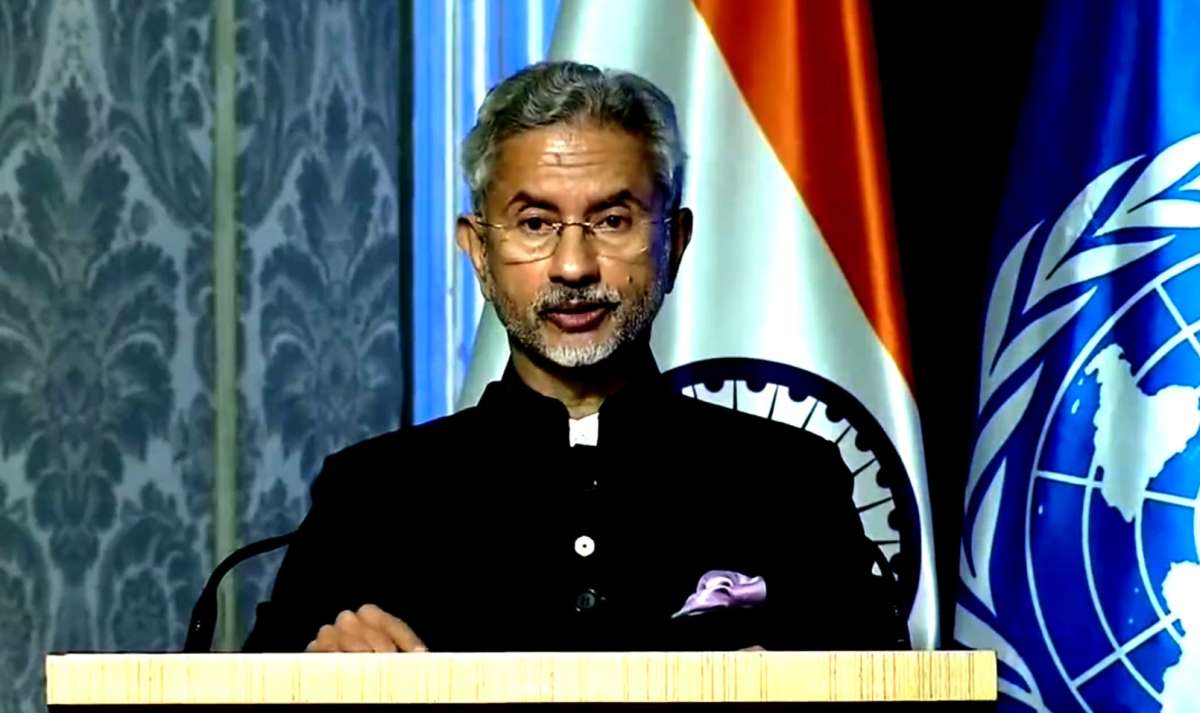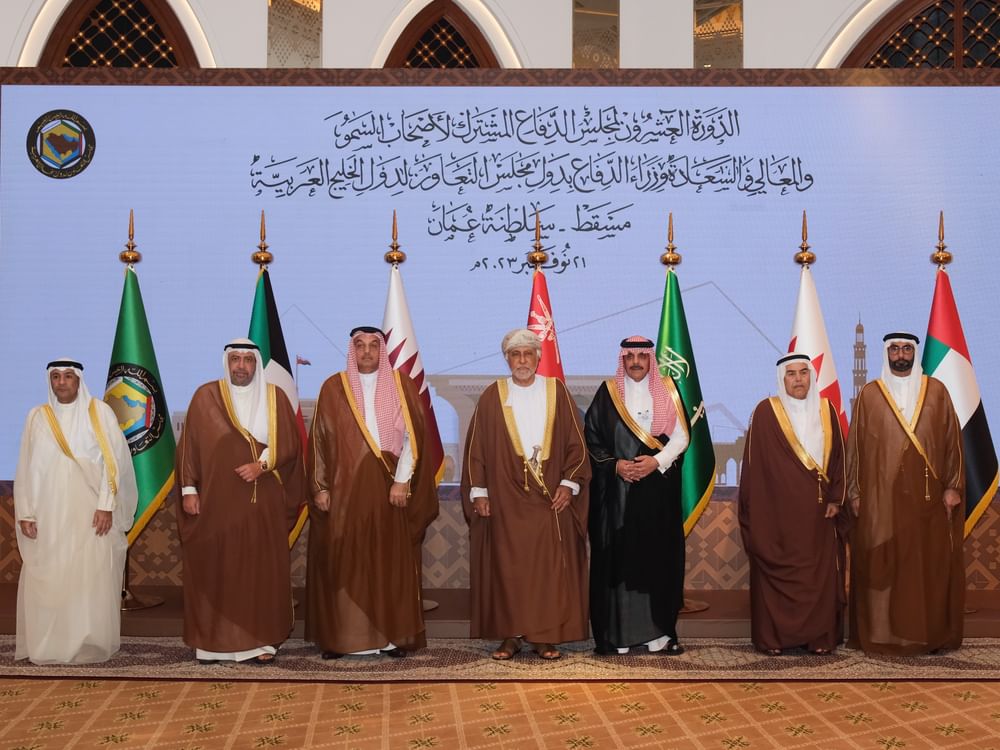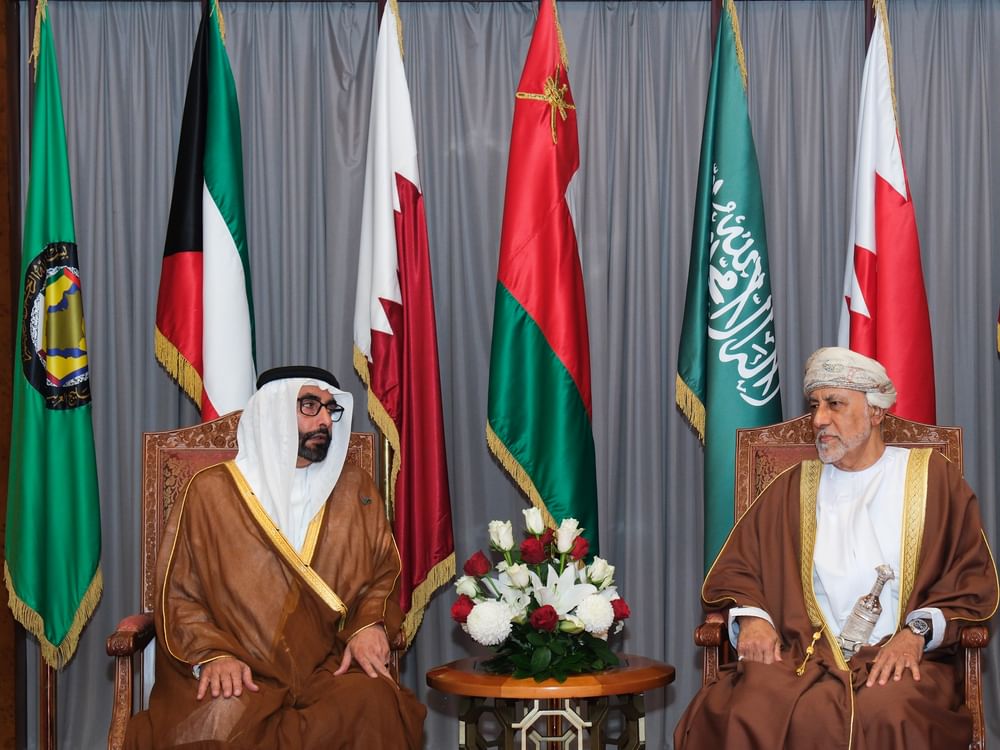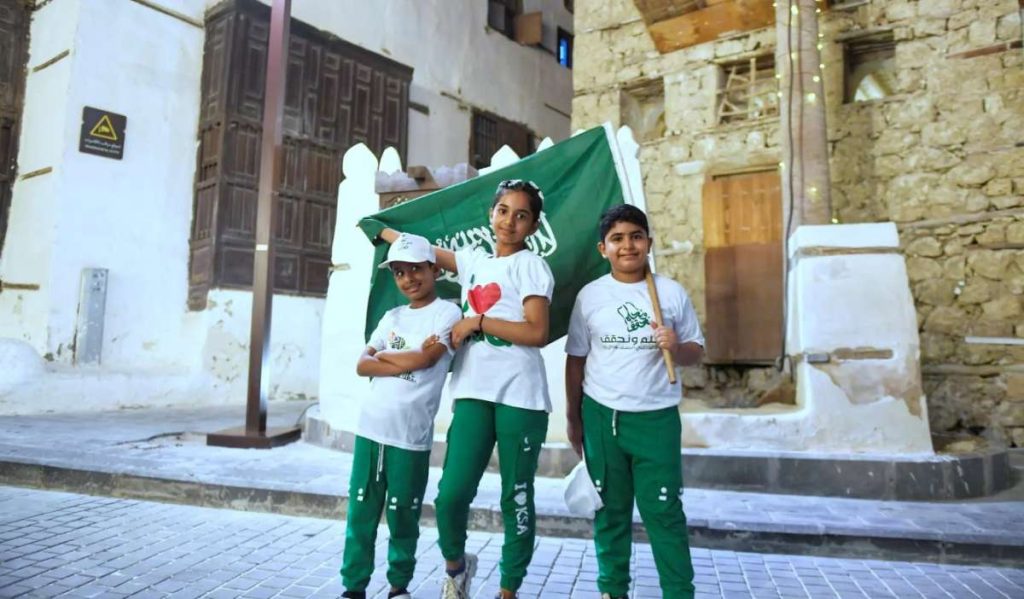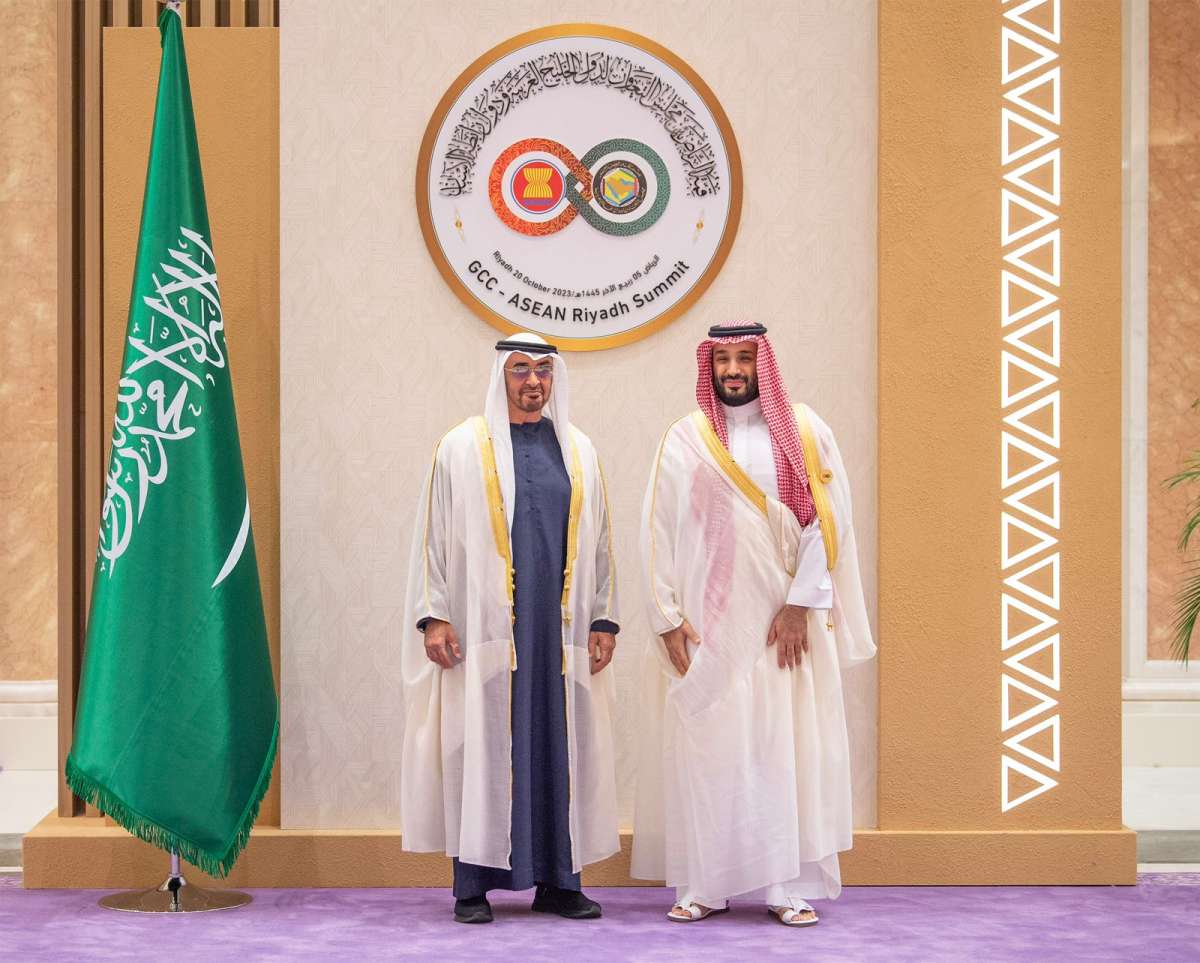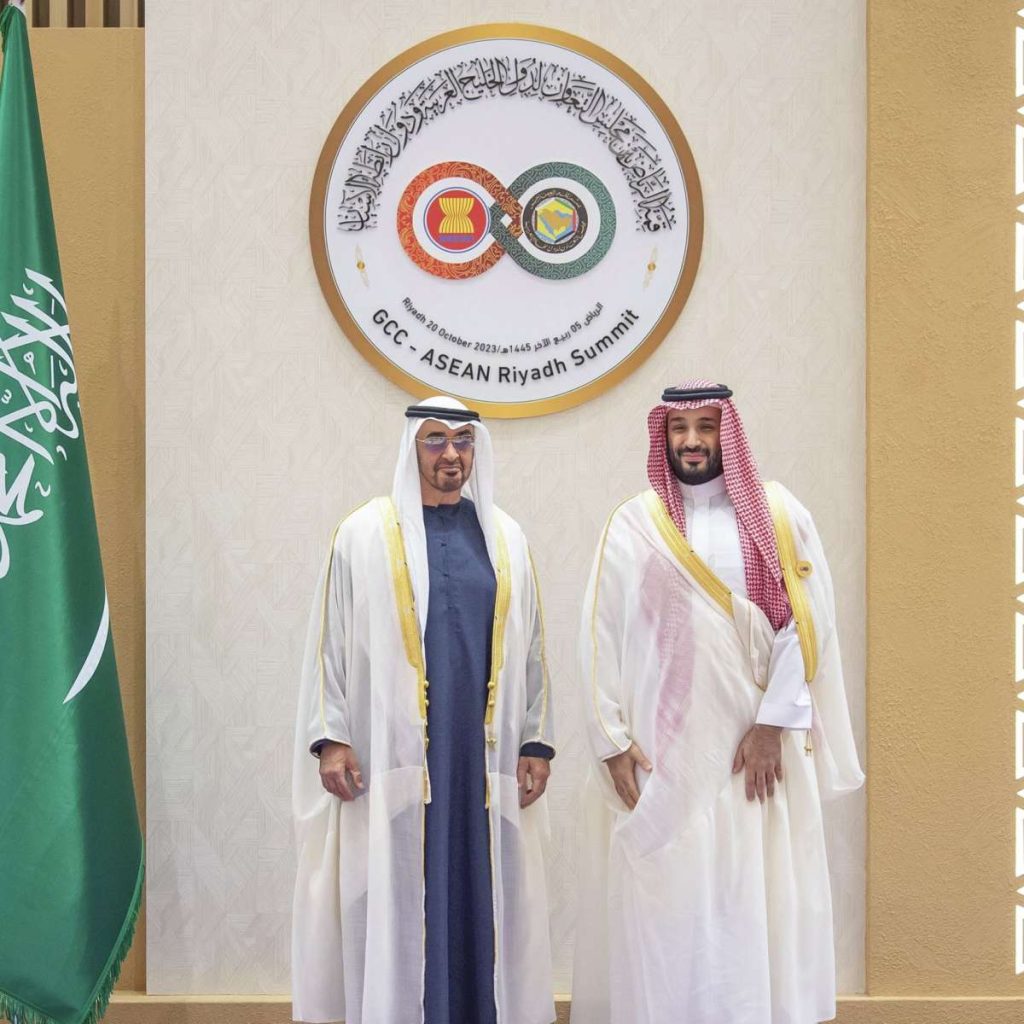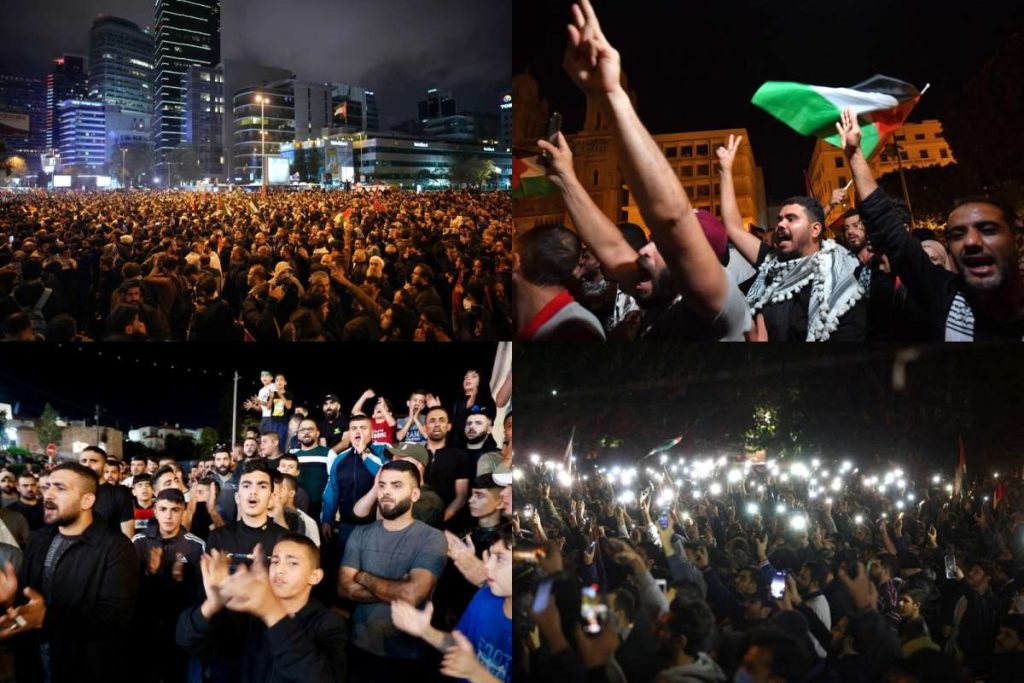Panellists tackled the experience of Qatar and Saudi Arabia in this field diversifying their economies to reduce dependence on oil and gas resources as a sole source of income….reports Asian Lite News
A panel discussion was held at the Qatar Economic Forum (QEF) under the title: “Reshaping Middle East Economies” which discussed the massive transformations the economies of the Gulf Cooperation Council (GCC) states have witnessed throughout the last years, especially after they made great strides in increasingly diversifying their economies to reduce dependence on oil and gas resources as a sole source of income.
Accordingly, the panellists tackled the experience of the State of Qatar and the Kingdom of Saudi Arabia in this field. They reviewed the manifestations of these transformation in numbers, whether in terms of increasing the involvement of the non-oil sector in the gross domestic product (GDP) of these countries, increasing the rates of Gulf women’s engagement in development, or facilitating investment methods in those countries.
HE Minister of Finance Ali bin Ahmed Al Kuwari inaugurated the panel discussion and afformed that the Qatar National Vision 2030 shaped the theme of these transformations in its economic pillar, adding that Qatar has reached an advanced stage of accomplishing this vision and set three phases, the first one focused on investment in infrastructure through Qatar Investment Authority (QIA) which included railway networks, transportation and hosting major sporting events such as the FIFA World Cup Qatar 2022.
After 2022, this economic and social momentum kept focusing on the private sector and economic development centers, including human capital, education, leveraging the cutting-edge technology, environment protection based on sustainable underpinnings and developing other critical sectors, such as industry, tourism and logistical aspects, His Excellency highlighted.
HE the Minister of Finance stressed that the energy sector achieved very crucial financial revenues, and all are of foremost factors which confirm that this economic development will help the State of Qatar achieve a bright future, particularly with the targeted increase in LNG production in 2030, which will almost double the current production levels of 77 million tons of LNG annually.
In response to a question about the financial surpluses resulting from this economic boom, he pointed out that the Ministry of Finance has a financial policy framework, indicating that these surpluses will be directed accordingly, as a certain part is allocated to support the state budget, reduce public debt, support the investments of the QIA , and improve the reserves of the Qatar Central Bank. This is in addition to facing the potential for market volatility, which ensures the financial stability of the state.
He highlighted that the issue of inflation is an issue of concern to all countries of the world, and it is necessary to shed light on this economic issue and unite efforts by working with all international organizations to reduce the obstacles that exacerbate this global phenomenon, adding that the issue of financial inflation is not a worrying issue.
As for the Gulf countries, compared to the United States of America, for example, the inflation rate in the State of Qatar has reached the lowest levels in recent years. This is because of the plan in place. Of course, he said, this is a challenge for the region, and Qatar cannot exclude itself from the challenges that exist in other countries, including geopolitical issues related to conflicts and tensions, especially in Yemen, Sudan, and Palestine, affirming that these tensions pose difficulties when there is a talk about the map drawn up to achieve the vision.
HE Minister of Finance of the Kingdom of Saudi Arabia, Dr. Mohammed Al Jadaan highlighted some achievements as part of the Saudi Vision 2030, highlighting the GCC countries’ economic diversification strategies that go beyond their oil revenues to diversified, sustainable economies that empowers the private sector and youths who know how to use technology, can be entrepreneurs and be future leaders.
His Excellency added that Riyadh managed to increase non-oil revenues over the past seven years by 37 percent from 10 percent in 2016 when the Saudi Vision 2030 was introduced. The unemployment rate upped from 12.3 percent to 7.7 percent and around 2.3 million people were employed by the private sector.
He spoke about the highly important role of tourism to help the private sector further grow as part of the country’s vision, yet he added that Saudi Arabia and the whole region is battling shipping industry challenges that need to be solved.
HE Chairman of the Board of Directors of the Islamic Development Bank Group (IsDB), Dr. Muhammad Sulaiman Al Jasser, spoke about the decades-long GCC strategies to achieve economic diversification and find a unified capital for economic development.
This economic diversification and resilient policies led to an economic revolution and prosperity that found many young entrepreneurs, he added.
He added that the GCC achieved great local human capital development thanks to the wise leaderships in all GCC countries
He added that the GCC countries were also concerned with development beyond their borders, which was manifested in financing projects worth more than $182 billion.
ALSO READ: Malaysia Lauds Qatar Role in Gaza Talks


